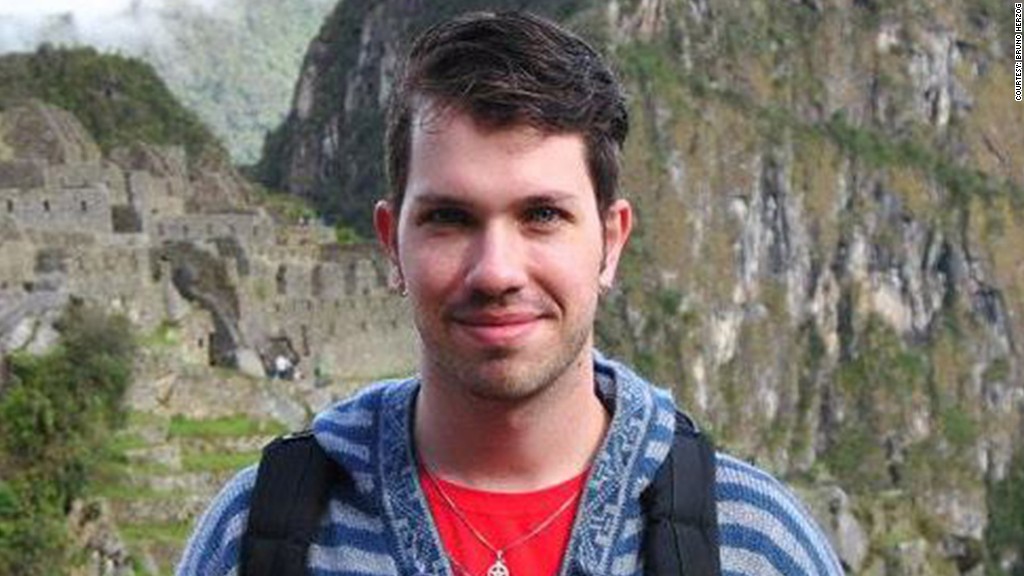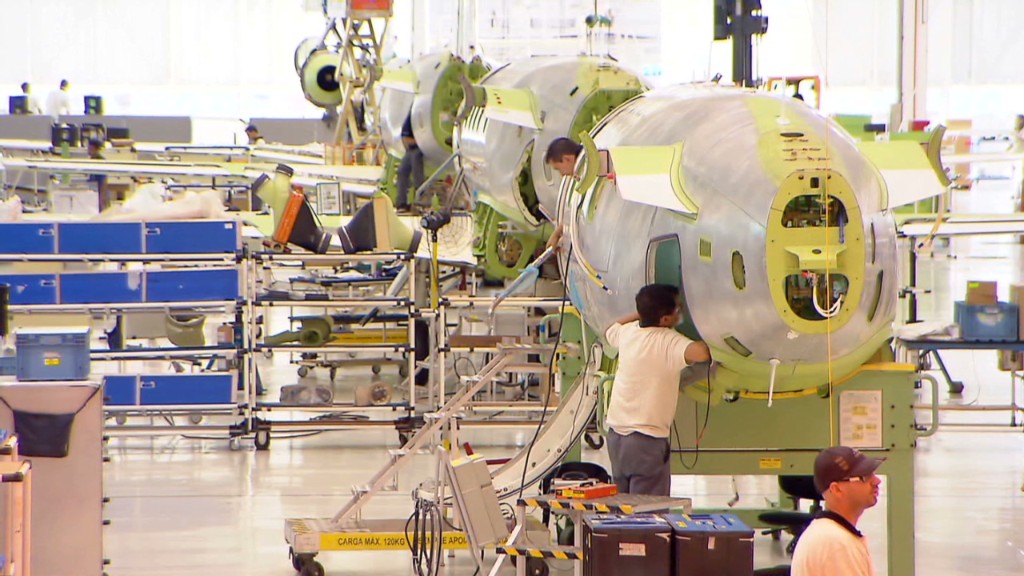
In many countries, like Spain and Greece, glaring inequality or a failing economy have triggered popular revolt.
But in the protests that have gripped Brazil since last week, regional experts say economic growth is actually feeding discontent, as a rising middle class puts demands on social services such as education and transportation that the government has failed to meet.
The economy has slowed in Brazil the last few months, but over the last decade the country saw impressive growth on the back of its industrializing economy and the global commodities boom.
The benefits didn't go only to the rich. Though inequality is still higher in Brazil than it is in most other countries, the country is far more equitable now than it was 10 years ago.
From 1999 to 2009, Brazil's middle class grew by 31 million people, according to a post last week by Isobel Coleman, a senior fellow at the Council on Foreign Relations.
Related: Brazilian stocks among world's worst performers
"Brazil's rising middle class has been the backbone of this protest movement," Coleman wrote. "As their economic prospects have improved, their expectations for better public services have grown."

Expectations may have grown, but they are not being met.
Brazil has one of the highest tax rates in the world: 36% of the country's gross domestic product goes to taxes, according to Filipe Campante, a Brazilian professor of public policy at Harvard University's Kennedy School of Government. That's a tax rate similar to Germany's and the U.K.'s. (The comparable figure for the United States is 25%.)
Those high taxes don't translate to stellar public services. Brazilian students scored 53rd out of 65 nations in an educational assessment by the Organization for Economic Cooperation and Development, an international alliance . The average commute time by bus in Sao Paulo is more than an hour a day -- often on packed buses with no seating, said Campante. In some parts of the city, the commute time can be three hours or more.
Brazilians blame the government for these and other woes.
"There are so many things to protest against that many people don't even know where to start," Bruno Herzog, a 26-year old psychologist in the southern coastal city of Joinville, wrote in an email to CNNMoney. "They just feel that something is terribly wrong."
Related story: Brazilian citizens speak out on 'what we think of the protests'
"There is a deep sense of discontent with political institutions, which are seen as inefficient, corrupt, and unresponsive," Campante said.
Residents are especially frustrated about all the money the government is spending to host soccer's World Cup in 2014 and the Olympics 2016. Some estimates have the government spending more than $30 billion on these two events, Coleman noted -- three times the amount it is spending on its signature anti-poverty program.
On the streets, ordinary Brazilians point to government corruption and their leadership's failure to deliver basic services as a main reason for the protests. But they are also concerned that protesters are focusing on too many other issues -- a la Occupy Wall Street -- and that the main message will get lost.
"It's really surreal how everything is unfolding around here. A part of me almost can't believe that something is being done about all the corruption and schemes that we have been through all these years," Herzog said. "But people are losing focus -- most of us are going to the streets without clear intentions."


